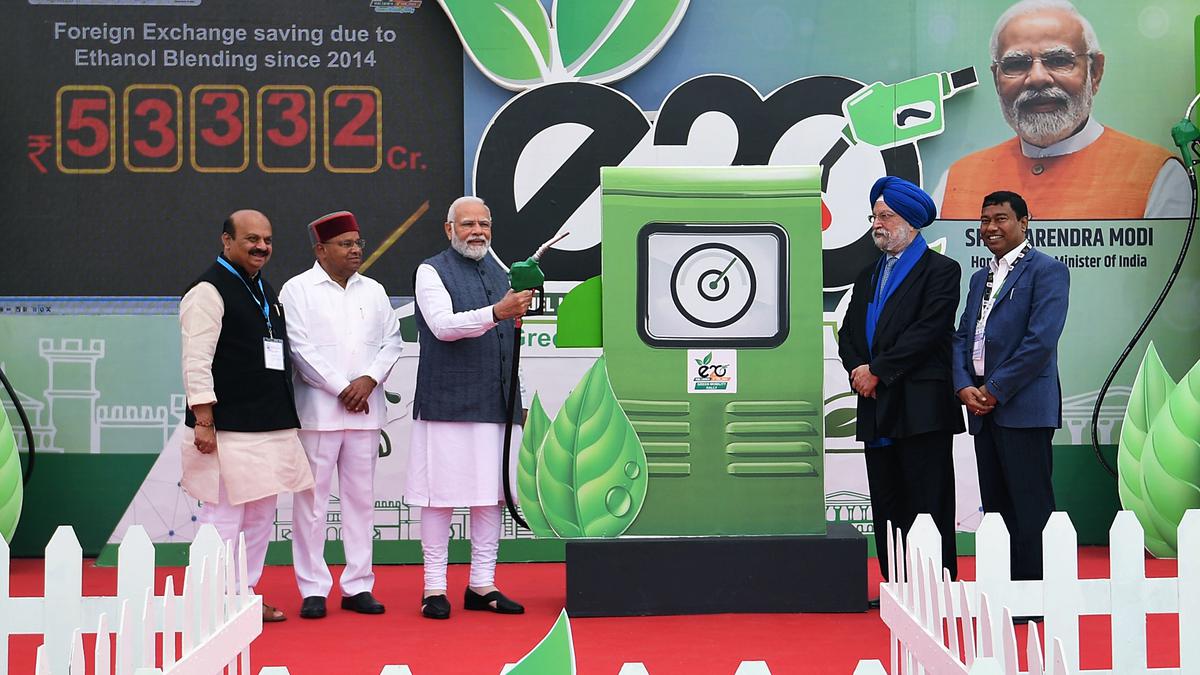
India wants energy transition on its own terms — without phasing out coal and with more grants Premium
The Hindu
Simultaneously beefing up both coal and renewables points to a messy energy transition for India, including the risk of job losses if some coal mines are abandoned.
India is unlikely to sign a deal with richer nations this year for a just energy transition, as international funding rests on India committing to a timeline to phase out coal, an "unviable" proposition for the country, energy analysts said.
The Group of Seven (G7) industrialised nations, together with Norway, Denmark and the European Union, believe a 'just energy transition partnership' (JETP) with India will financially empower it to reduce climate changing emissions from power production.
ALSO READ | World has been talking about energy transition but nations yet to invest in it: Union Power Minister R. K. Singh
Similar pacts have been signed with South Africa, Indonesia and Vietnam, but India wants a JETP on its own terms: no phase out of coal and funds for clean energy expansion in the form of grants, not loans.
"The developed world is pushing for a JETP as they want coal out. The JETPs with South Africa and Indonesia are all about coal. But that won't work here," said economist Vaibhav Chaturvedi, a fellow at the Delhi-based Council on Energy, Environment and Water (CEEW).
"Coal is the only stable source of energy in India, which is still a developing economy. India won't talk about coal but (instead about) more renewable energy, which has more achievable and demonstrable targets," Mr. Chaturvedi said in an interview.
The Ministry of External Affairs, which is considering JETP proposals this year as India helms the G20 presidency, did not respond to queries despite repeated emails and phone calls.

 Run 3 Space | Play Space Running Game
Run 3 Space | Play Space Running Game Traffic Jam 3D | Online Racing Game
Traffic Jam 3D | Online Racing Game Duck Hunt | Play Old Classic Game
Duck Hunt | Play Old Classic Game











